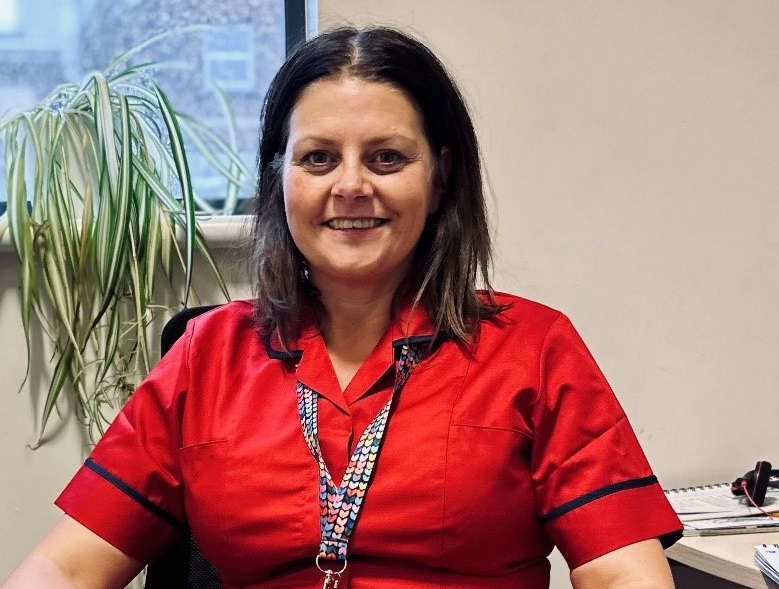One of the Global Education Committee’s aim is to motivate and support setting up new BMT Nurse Groups. It is important to allow nurses to get together where they have an opportunity to network with different teams of nurses from different hospitals within their country, to share BMT activities. Eastern European Countries have an important background in transplant activity and previously, there was an Eastern European Forum in place. However, after meeting with nurse leaders from some of the countries within this part of Europe, we are looking forward to develop a new Nurse’s Group integrated within the EBMT Nurses Group, we hope that this will become the Czech Republic Nurse Group. In addition we are working alongside other countries, such as Slovenia, Croatia and beyond, where transplant activity occurs in some hospitals, but smaller populations than some other countries, with the hope to establish a future collaborative Nurses Group, to support with these smaller countries, whom have similarities and language understanding.
At the end of last year, we sent out a survey on Nurses navigating the EBMT website. We wanted to find out how nurses in Europe and beyond experience the EBMT website and all its information and resources. Nurses from 33 different countries participated and we are now working on gathering the results. Stay tuned for more information.
We would like to welcome our new member Angela Leather, Lead Nurse for Cell Therapy Specialist Nurses and Haematology Outpatients at The Christie, Manchester, UK. We are very happy to have her on board and this surely will help us to bring up new projects to ensure equality and global education.

Angela Leather:
“My background is in cell therapy coordination. Mostly as an apheresis/transplant coordinator, but latterly leading a team of specialist nurses, and the day-to-day management of our busy hematology outpatient areas.The work through the NG Global Education Committee is essential to ensure equality and safe practice within the wider international community, to develop nurses and allied health professionals. Supporting education in areas that may not have the same collaboration as we do in some parts of Europe. Encouraging these teams to grow and share their own great work, and that their practice and countries are recognized in our global community, forming important links where everyone can learn from the fabulous work that EBMT already delivers.”